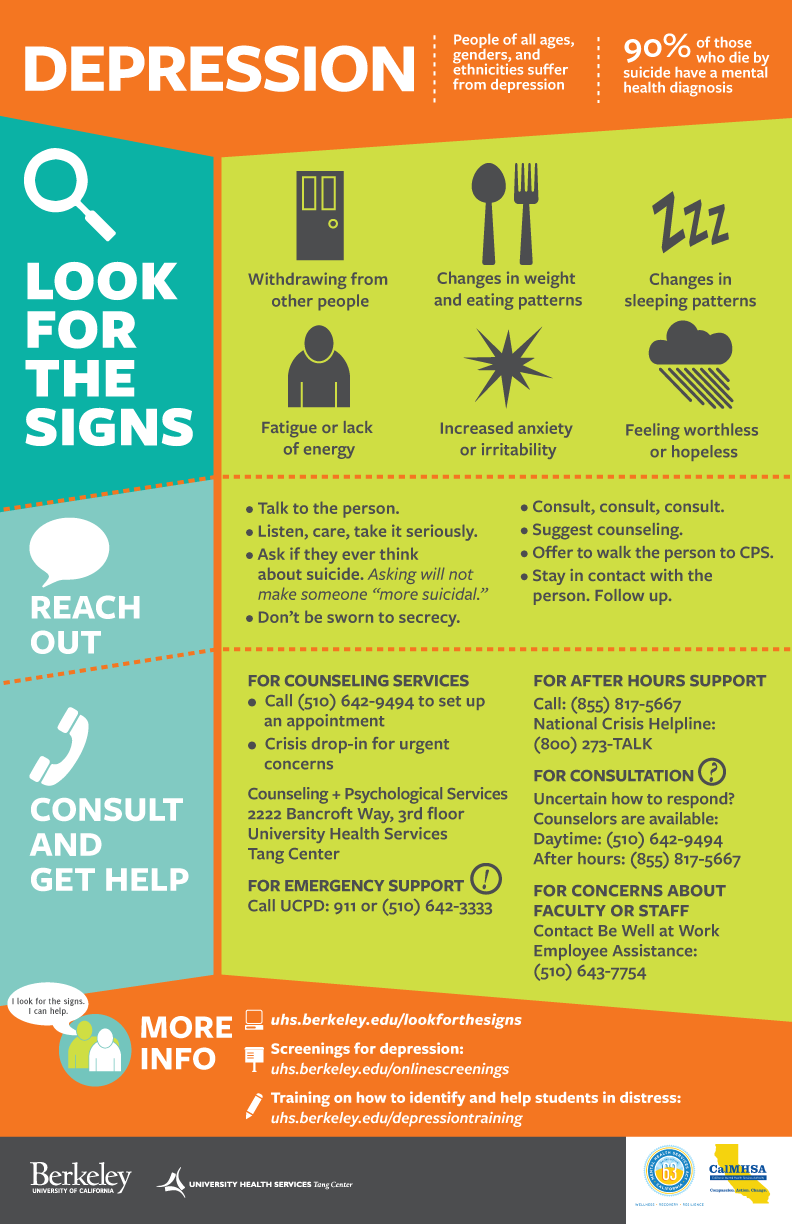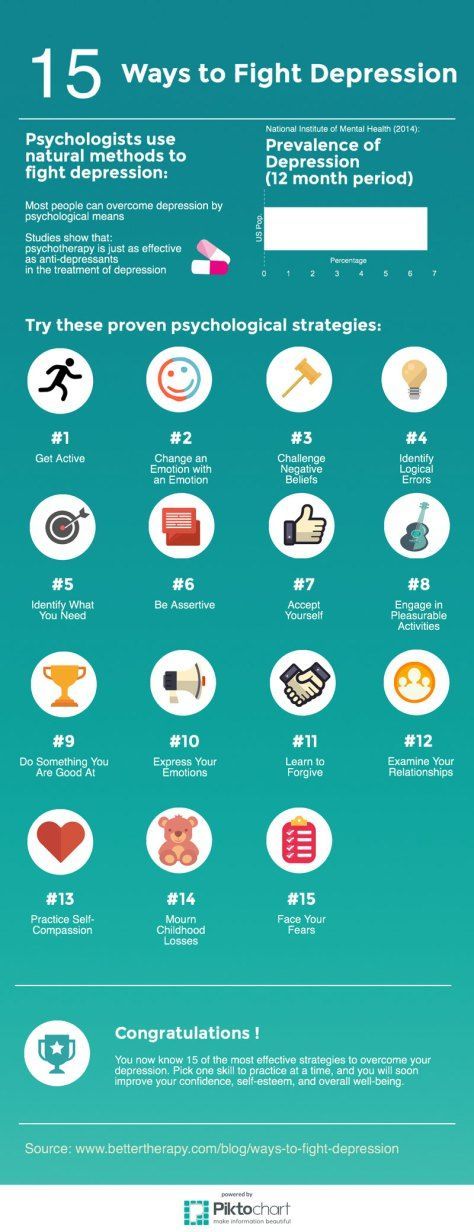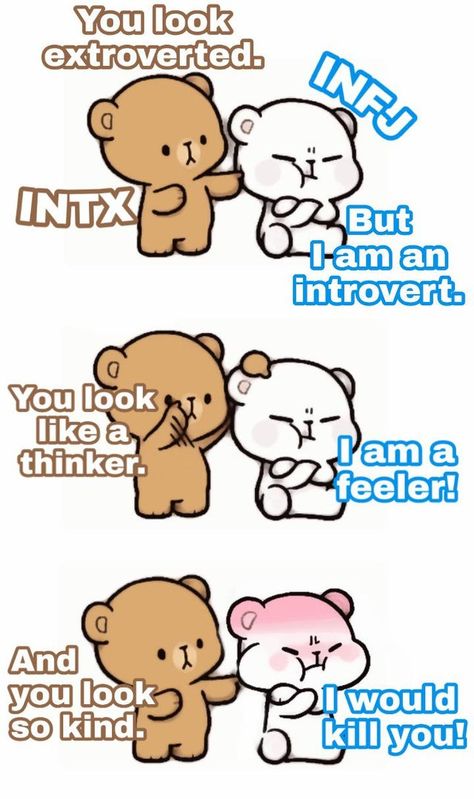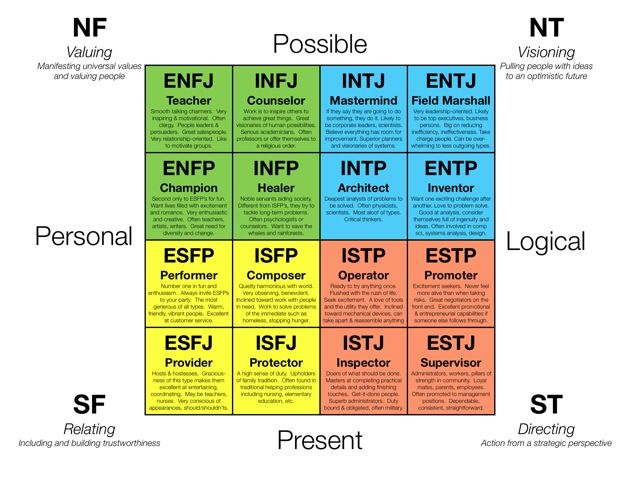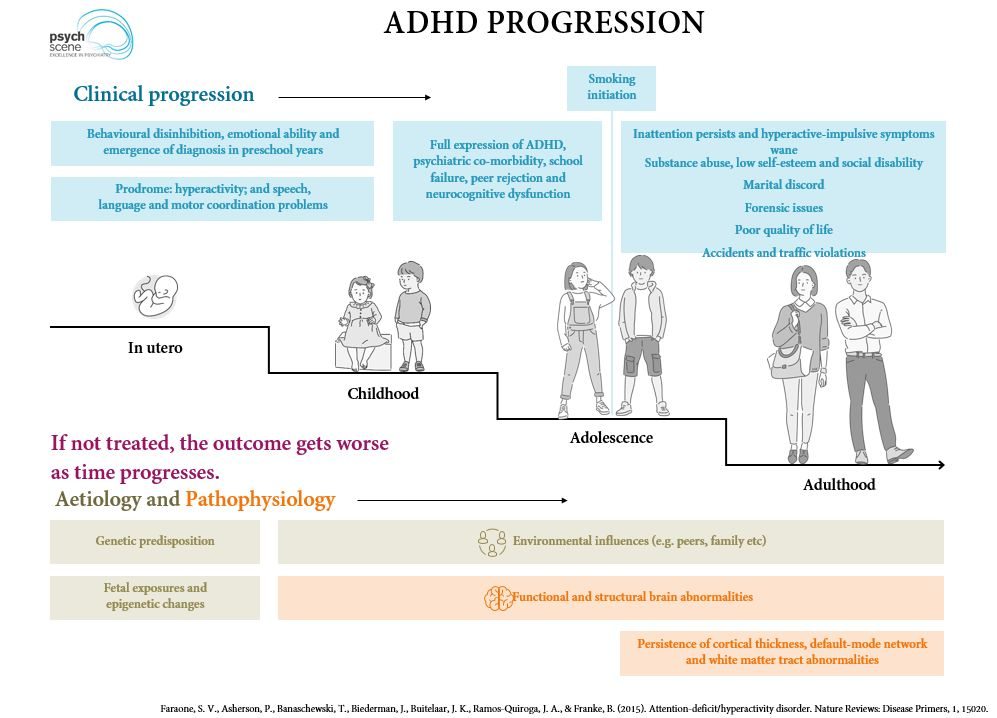Going to therapy for the first time
What to Expect When Going to Therapy For the First Time
Walking into a therapist's office or speaking to a mental health professional on the phone for the first time isn't always easy. It can make you feel vulnerable, strange, awkward, or even like a broken toy in need of repair. Trust me — I've walked myself into a new therapist's office more times than I can count over the last 24 years. I'm not sure it gets easier, but it does get more familiar.
It’s uncomfortable to admit that the challenges you’re facing, whether they are real and immediate or long-standing and creeping, might require expert advice. These days, however, it’s easier than ever to connect to a mental health professional. You don’t even have to physically go anywhere in some cases, and you can simply text a therapist who can help you figure out what next steps you might need to take, thanks to platforms like
Talkspace, BetterHelp, Therapy for Black Girls, and Ginger. As a result of social distancing, many therapists are conducting their sessions virtually, too, choosing to do phone or video sessions via secure HIPAA-approved platforms to protect patient privacy.
That being said, finding a therapist and working with one for the first time are the two major hurdles you’ll have to clear before you can see the long-term benefits of working with someone who has your best mental health in mind, and sometimes that can be the toughest step to take.
Here’s what you can expect when you see a therapist for the first time (and how to get over those first-time jitters).
Finding the right therapist
I could tell you that it's super easy to find the therapist who will work with you to improve whatever you are struggling with — but I'd be lying. I've cycled through at least a dozen (probably more) therapists since I was 16 years old. Each one had their high points and their low points, but today, it's much easier to find a therapist than when I was 16. Rather than having to rely on the recommendation of hushed names whispered in bars, or the miswritten numbers of a friend's therapist scribbled on a napkin, you can hit the web, where you'll find thousands of options. Since mental health professionals are far more open to virtual sessions these days, it's even easier to find someone you click with.
Rather than having to rely on the recommendation of hushed names whispered in bars, or the miswritten numbers of a friend's therapist scribbled on a napkin, you can hit the web, where you'll find thousands of options. Since mental health professionals are far more open to virtual sessions these days, it's even easier to find someone you click with.
A good therapist will support your self-determination and leave you feeling more seen and understood
If you're seeking a therapist, it's a good idea to consider your needs and preferences. Do you want someone who works from a mindfulness-based perspective, perhaps offering meditations to ease anxiety? Maybe you want a female who works exclusively with the LGBTQ+ community? What about someone who specializes in very specific techniques like existential therapy (yes, that exists)? Suffice it to say there are hundreds of treatment types you can choose from and all kinds of specializations.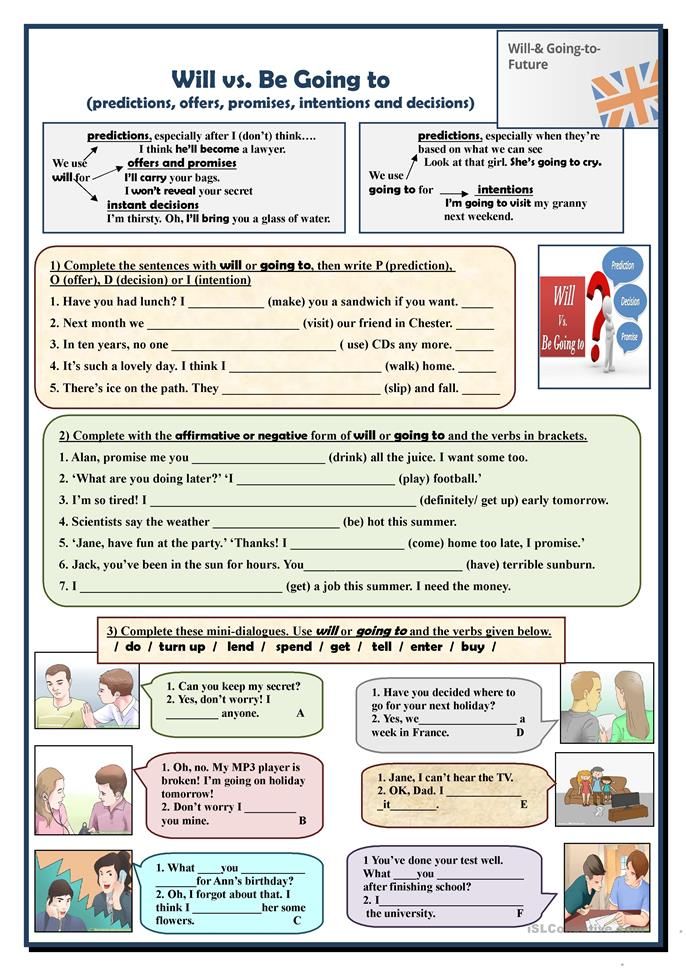 Check out Psychology Today’s page on types of therapy that exist.
Check out Psychology Today’s page on types of therapy that exist.
Not all licensed mental health professionals have the same credentials — there are a variety of certifications, education, and licensing that allow them to practice. It's important to have a basic grasp of all those letters after their names, as each indicates the level of schooling the professional has had and the type of remedies they can prescribe.
artbesouro//Getty Images
For example, clinical psychologists will have Ph.D. and/or Psy.D. after their names, indicating that they have completed doctoral degrees in psychology. A Ph.D. focuses more on research, and a Psy.D. focuses on the practice of psychology. In addition to clinical psychologists, you can find licensed therapists, most having a minimum of a Master's Degree. These credentials can include letters like MSW (masters in social work), LCSW (licensed clinical social worker), LMFT (licensed marriage family therapist), and LPC (licensed professional counselor). There are many other designations, too, and a quick Google search can help you decode anything you don't recognize when you're doing research.
There are many other designations, too, and a quick Google search can help you decode anything you don't recognize when you're doing research.
Keep in mind that in order to provide therapy in the U.S., practitioners must be licensed and have appropriate credentials, and these are typically listed on their websites. You can always search a therapist's license number through your state. The Association of State and Provincial Psychology Boards (ASPPB) provides quick links to each state's database.
If you think you may need a prescription to help with your symptoms, you can seek out a psychiatrist — a medical doctor — who will have M.D. listed after their name. These doctors have gone through extensive schooling to become specialized in psychiatry, which typically means spending two to three additional years in school after completing medical school. These doctors focus on treating the biological roots of mental health problems, and typically don't provide hour-long talk therapy as a psychotherapist would.
Once you've narrowed down the type of therapy you're looking for, you should check with your health insurer to see which in-network providers offer the kind of treatment you want. In-person therapy is generally pretty pricey, with per session costs running around $100 to $150 and up, and it's common for clinical psychologists to charge more for services than licensed social workers or or licensed counselors. Psychiatrists almost always charge the most — anywhere from $300 and up. Ensuring that the therapist you're looking to hire works with your insurance will help keep your costs down if you need to see them more frequently.
Almost all therapists and mental health professionals have some web presence, so the best next step is to look them up. Jenn Kennedy is a Santa Barabara-based therapist specializing in marriage and family. She suggests checking therapists out both by running a search on any search engine and looking them up on platforms like GoodTherapy and TherapyDen.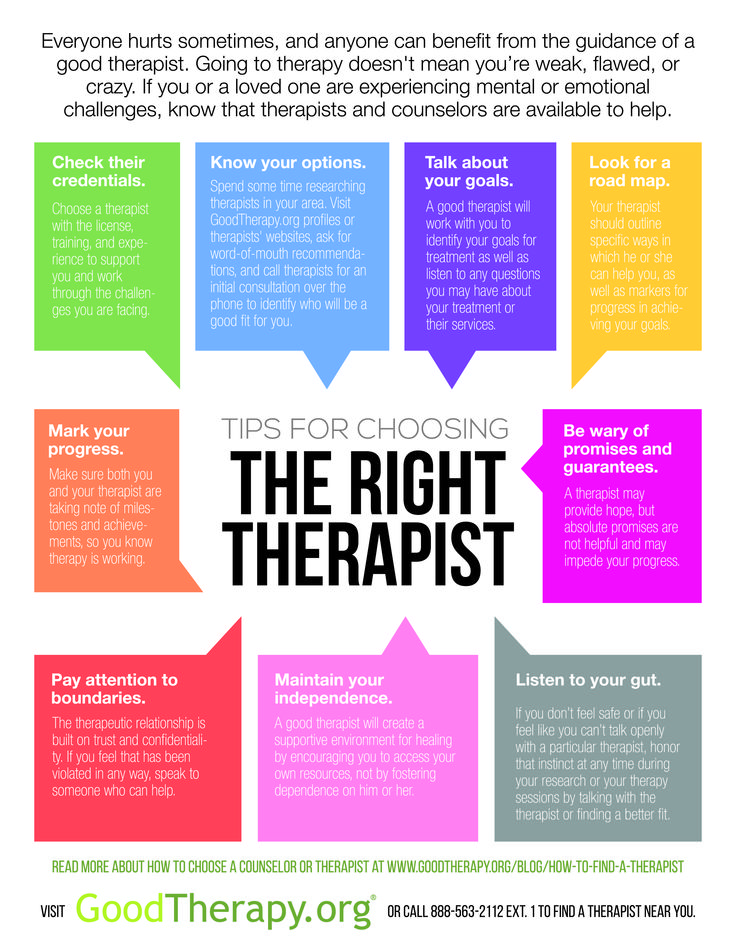
“If clients take the time to really go through the therapist profiles, they can narrow it down with some accuracy. Notice the specializations they claim, the tone of their description of how they approach therapy, and when they work to see if schedules mesh,” Kennedy says.
She also suggests hopping on the phone with your potential therapist to chat for 10-15 minutes and make sure that you mesh well. "This will help clients get a sense of pacing, personality, and how well they gel with the therapist. It's also good to ask the therapist how they approach the type of issue the client wants to address. Therapists should be able to give clients a roadmap of how they conceptualize this issue and general ideas about what seems to help."
In all my years of therapy-hopping, I’ve found it best to think of finding a therapist like hiring someone for a really important job that needs a lot of care and attention. Ask questions that you would ask a job candidate, and if you don’t like the answers, don’t hire that person.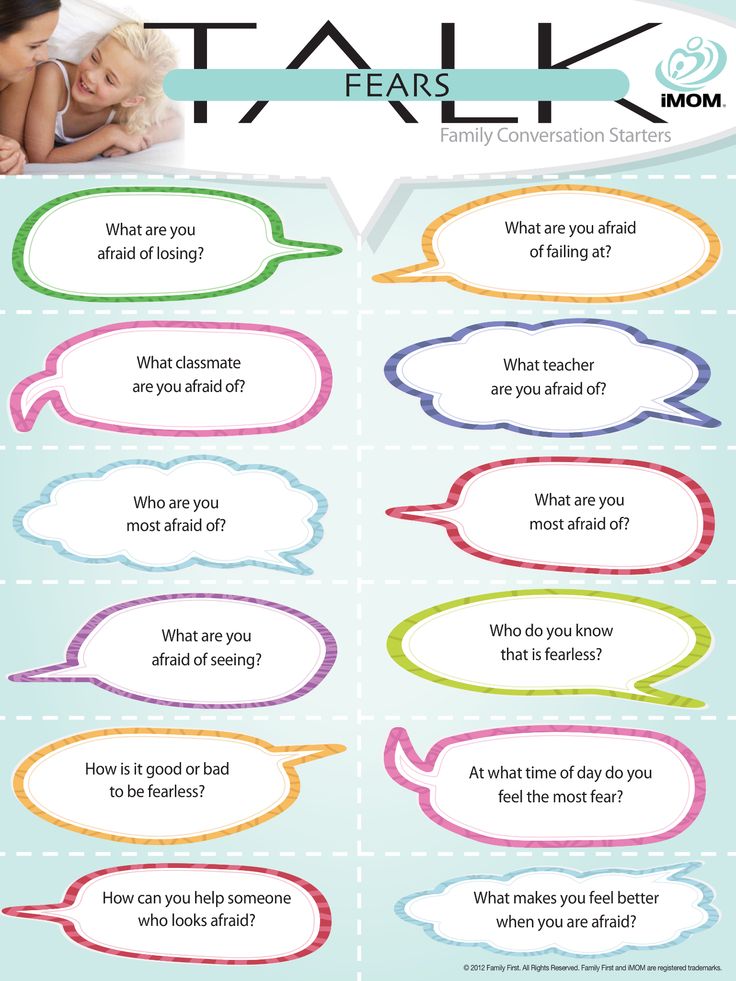 Kennedy seconds that idea. She suggests that you should pay attention to the way the therapist speaks, what their photos look like online, and whether or not you feel at home with their style because, she says, “that’s a good indication of fit.” She also suggests paying attention to how organized they are and how quickly they respond to you if you had to send an email or leave a voicemail.
Kennedy seconds that idea. She suggests that you should pay attention to the way the therapist speaks, what their photos look like online, and whether or not you feel at home with their style because, she says, “that’s a good indication of fit.” She also suggests paying attention to how organized they are and how quickly they respond to you if you had to send an email or leave a voicemail.
At this point, you should also ask about how much the therapist charges, how long sessions are (some are 45 minutes, while others are an hour or longer), and ask any details about how they bill and work with your insurance. Some therapists ask you to pay in full and then submit the claim to your insurance. Some allow you to pay by credit card rather than check, and even others take HSA. You're going to be entering a business relationship with this person, as well as a personal one. It's important to nail all the details down so that you know what to expect.
Once you've done the preliminary legwork, it's time to make that first appointment. I can honestly say that making that first appointment can be the toughest step to take, especially if you have to call to schedule. It's a good thing that many insurers, providers, and mental health professionals offer online booking these days, making it as easy as clicking a few buttons and putting a few details in to set up your first meeting.
I can honestly say that making that first appointment can be the toughest step to take, especially if you have to call to schedule. It's a good thing that many insurers, providers, and mental health professionals offer online booking these days, making it as easy as clicking a few buttons and putting a few details in to set up your first meeting.
What to expect at your first appointment
Your first appointment will be a lot like a first date without the fear that the person sitting across from you might not like you. A therapist isn't going to sit you down and instantly label you with some kind of mental health moniker at your first appointment. They need to get to know more about you first. Remember, you're the one doing the hiring here, and you are in the driver's seat. You can always fire or break up with your therapist if they don't work for you, and you can and should set the guidelines for what you want.
Most therapists are small business owners, and if you go to their office, or place of work, you should expect a small, uncrowded waiting room.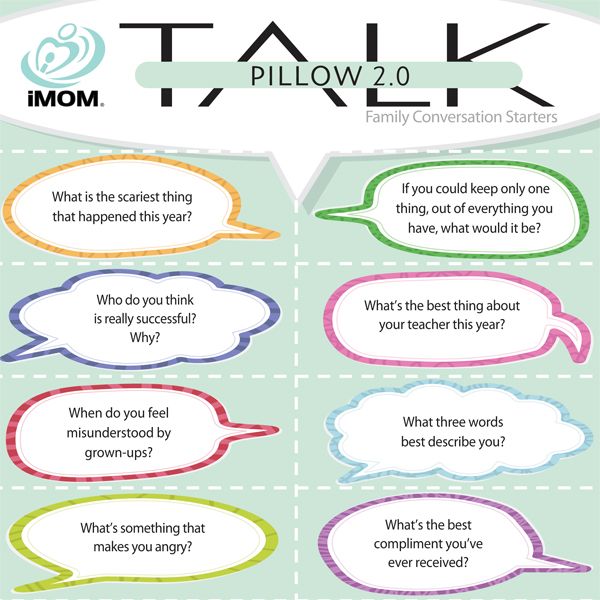 That is unless you're going to a large healthcare provider for your appointment, in which case you'll likely hang out in the general waiting area. Every therapist I have worked with has some kind of white noise machine, or music playing in the waiting room to give other patients in session privacy. When it's your turn, your therapist will call you, and you'll head into the office, which is typically set up with a chair for your therapist and a chair or couch for you, depending on the space and the type of practice. Your therapist will offer you a seat, and your session will begin.
That is unless you're going to a large healthcare provider for your appointment, in which case you'll likely hang out in the general waiting area. Every therapist I have worked with has some kind of white noise machine, or music playing in the waiting room to give other patients in session privacy. When it's your turn, your therapist will call you, and you'll head into the office, which is typically set up with a chair for your therapist and a chair or couch for you, depending on the space and the type of practice. Your therapist will offer you a seat, and your session will begin.
A therapist isn't going to sit you down and instantly label you with some kind of mental health moniker at your first appointment. They need to get to know more about you
What you discuss with your therapist is totally up to you. It usually helps to have a topic to in mind, so that you can maximize your time. It's up to you how honest and open you want to be about the things you are struggling with, just remember that if you aren't entirely truthful with the mental health professional you hired, you might not achieve the results you're looking for.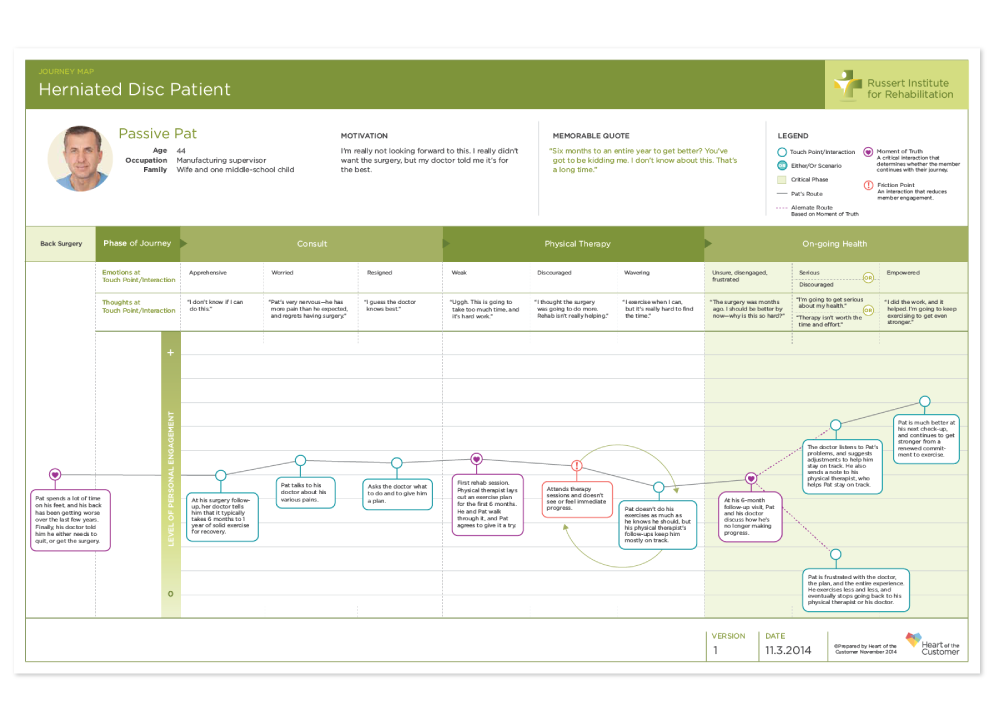 But the good news is you can work your way up to disclosing traumatic, repressed, or painful experiences and feelings. Over time, as you build trust with your therapist, you'll feel more comfortable disclosing such things.
But the good news is you can work your way up to disclosing traumatic, repressed, or painful experiences and feelings. Over time, as you build trust with your therapist, you'll feel more comfortable disclosing such things.
During your first session, your therapist will ask questions to understand what you’re struggling with and what brought you in to see them. You’ll likely talk about some of your past (family history, traumatic experiences) and how your symptoms or feelings are manifesting today, and how long they have been showing up. You’ll also likely set some ground rules about how to contact each other, how the sessions will go, and what you hope to achieve by going to therapy.
The role of a therapist is, as Kennedy says, “to help you unravel the ball of confusion, indecision, and difficulty that you walked in holding. They will assist you as you navigate new ideas and try on alternate ways of being. They might reflect patterns that have surfaced through your telling of the past and present challenges, however, ultimately your decisions have to be yours to make. A good therapist will support your self-determination and leave you feeling more seen and understood,” Kennedy says. “If that wasn’t your experience, then find someone else!”
A good therapist will support your self-determination and leave you feeling more seen and understood,” Kennedy says. “If that wasn’t your experience, then find someone else!”
If a therapist makes you physically uncomfortable or asks you questions that feel inappropriate or accuse you or openly judge you, you have every right to speak up and leave. You do not have to return to see that person ever again, and you have a right to end your professional relationship with them. Remember, you are in the driver's seat, and you are hiring this person to help you manage your challenges. If they are actively tearing you down, it's time to find a new therapist.
“We know so much about others in the first few minutes of talking to them. If we tune in and trust our gut sense, it will give us good guidance on if this therapist is a fit for you,” Kennedy says.
There are plenty of amazing professional mental health providers out there who can help you figure out what your next steps should be to help improve or change your life.
Abigail Bassett is an Emmy-winning journalist, writer and producer who covers wellness, tech, business, cars, travel, art and food. Abigail spent more than 10 years as a senior producer at CNN. She’s currently a freelance writer and yoga teacher in Los Angeles. You can find her on Twitter at @abigailbassett.
Get Shondaland directly in your inbox: SUBSCRIBE TODAY
8 Things You Should Know Before Your First Therapy Appointment
“Sometimes people get frustrated because they’re starting at zero and want to be at 10, and that’s going to be a very long road,” clinical psychologist Merav Gur, Ph.D., tells SELF. These check-ins can help you stay motivated and develop short-term goals to work towards.
4. Expect to feel uncomfortable at times.
Just as with your workouts, sometimes you’ll be really excited going to therapy and sometimes you’ll loathe it, Dr.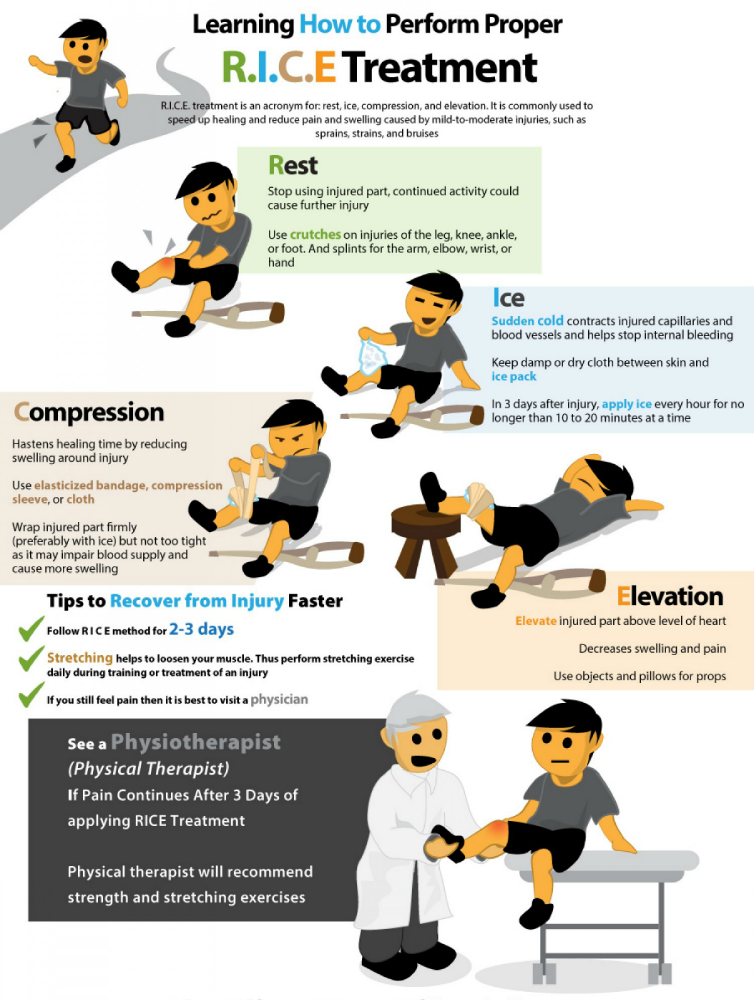 Smith says. This can be particularly true if you’re trying to navigate virtual therapy at the moment.
Smith says. This can be particularly true if you’re trying to navigate virtual therapy at the moment.
“Change is hard. It will be uncomfortable at times, but it’s part of the process to get you to where you want to be,” Dr. Smith says, adding that a skilled psychologist will monitor the intensity of the sessions so it’s not minute-after-minute or session-after-session of deep, hard work. Dr. Gur specializes in treating anxiety and depression, and she says that at first clients may feel their symptoms are exacerbated as they work through the uncomfortable issues. But doing so ultimately helps them work toward where they want to be.
Of course, the work you do in therapy—just like your workouts—should never be unbearable or debilitating, so if things are getting to be too much, speak up.
5. Don’t worry about bringing some big thing to discuss into each session.
Sometimes the sessions when you think you have nothing to talk about lead to the biggest breakthroughs, says Dr. Smith. “It’s part of my job to make sure each session is productive and stays on track, so I always have things to ask a client,” she says. “That’s when we can talk about the really good stuff—the meat of the issue.”
Smith. “It’s part of my job to make sure each session is productive and stays on track, so I always have things to ask a client,” she says. “That’s when we can talk about the really good stuff—the meat of the issue.”
This is especially true because we tend to avoid things that are hard to deal with and may not even consider bringing them up in therapy. But with an open agenda, you and your therapist will have the opportunity to talk about a variety of things going on in your life, where you may discover that there’s something you really did want to talk about, after all. (Here’s more advice for what to do when you have seemingly nothing to say in therapy.)
6. Speak up if you don’t agree with your therapist.
Therapy should feel like a safe, comfortable space where you can say anything. And that includes if you don’t understand something, if your therapist pisses you off, if you disagree with something they said, or if you’re fearful of what they will say. “I appreciate it when patients bring these issues up,” Dr. Gur says. “It’s important for me to understand their experiences so I can help them better.” Giving your therapist feedback is actually a really powerful part of therapy.
Gur says. “It’s important for me to understand their experiences so I can help them better.” Giving your therapist feedback is actually a really powerful part of therapy.
Not only does this help you practice if you struggle with conflict avoidance or asserting yourself, but it also allows your therapist to tailor treatment to what will work best for you. For example, if you hate journaling and know you won’t do it, let them know that before you miss a homework assignment. “Putting all your cards on the table is the only way you’ll get real help,” Dr. Howes says. “I had a client once say, ‘I’m angry at you for being late’—and then we both celebrated it because he was able to assert himself.”
7. If things aren’t working out, don’t ghost your therapist.
Especially if you have been working together for some time, it’s worth talking about ending your relationship if you feel your therapist is no longer serving you. “It’s important to explore things rather than just leave treatment. There can be a lot of good stuff, and if you don’t address that, you may find the same thing in the next therapist,” Dr. Smith explains. Here’s some more advice on how to know when it’s time to break up with your therapist (and exactly how to do it).
There can be a lot of good stuff, and if you don’t address that, you may find the same thing in the next therapist,” Dr. Smith explains. Here’s some more advice on how to know when it’s time to break up with your therapist (and exactly how to do it).
8. Remember: Therapy should be bettering your life—even if it’s work.
When I decided to try therapy this time, I sought out someone who specializes in treating people with my condition. Luckily I found someone in my price range whose approach I liked during an initial phone call. And even luckier, I’ve liked working with her. I don’t just chit-chat when I come in, I’m not afraid to speak up if she says something I disagree with, and I make sure to leave with concrete action items to work on. So far, I feel like I’m getting further than I ever did in the past.
Remember that you are giving your time, money, and emotions to this process and this person. Those aren’t things to waste, so demand that you get what you need, and if you don’t, find someone who will give you that. Being an adult is hard, and therapy can help—don’t give up.
Being an adult is hard, and therapy can help—don’t give up.
Additional reporting by Casey Gueren.
See more from our Guide to Caring for Your Mental Health here.
Related:
- 7 Teletherapy Tips for Anyone Who Wants to Continue Virtual Sessions
- 11 Questions to Ask Your New Therapist Before You Decide If They’re the One
- Here’s Exactly When—And How—To Break Up With Your Therapist
what you need to know, what you need to be prepared for and what you should not expect
06/24/2021
Author: Alina Sotova problems”, “how many of these psychologists are now divorced”… How often have you heard these phrases? I'm sure an infinite number of times.
Interestingly, our time is the time of the popularization of psychology. It would seem that. However, this is not quite true. In a general sense, you can popularize what sells well. And it’s not the eco-friendly process of personal therapy that is being sold with a light hand, but the information that a person wants to hear: how to live, how to solve your problems quickly and without stress, how to get married as soon as possible or earn more, how to increase your self-esteem and achieve the unattainable .
So it turns out that even before a person decides to turn to a psychologist, his mind is overgrown with dozens of myths about how and what should happen in a session, how a psychologist should look like, what he should say and how to lead a client. And the question “Is something wrong with me if I came?” so it remains unresolved. Usually before the first session.
I must say right away that, as a practicing psychologist, I can be somewhat subjective in relation to my profession. But I would like to talk about how I see the process of therapy and what are the common features of everyone who comes to me.
First, let's debunk the "something is wrong / I'm sick" myth. Russian society has not yet come to understand that mental health determines all other areas of life. And most problems (including health problems) originate from the head. So it does not mean at all that those who turn to a psychologist are deeply traumatized or have mental disabilities.
Seeking help from a specialist is not a gesture of weakness, but an inner strength and readiness to grow spiritually, to rebuild the psyche in the right direction in order to learn how to make decisions on your own and build that very “dream life”. It's all right with you if you come. The fact that you found the strength to plunge into your pain indicates that you have taken the first step towards solving your problem.
The choice of a specialist will determine what attitude you will have towards psychologists in general and how the process of personal therapy will develop for you personally. No one can guarantee that you will be lucky the first time. Sometimes you can visit 5-6 specialists before you find your one. I notice that the best psychologists are on the advice of those people you trust, but someone hits the target and search on instagram. Do you know how easy it is to determine who suits you? You have an inexplicable intuitive feeling that you want to trust this particular person.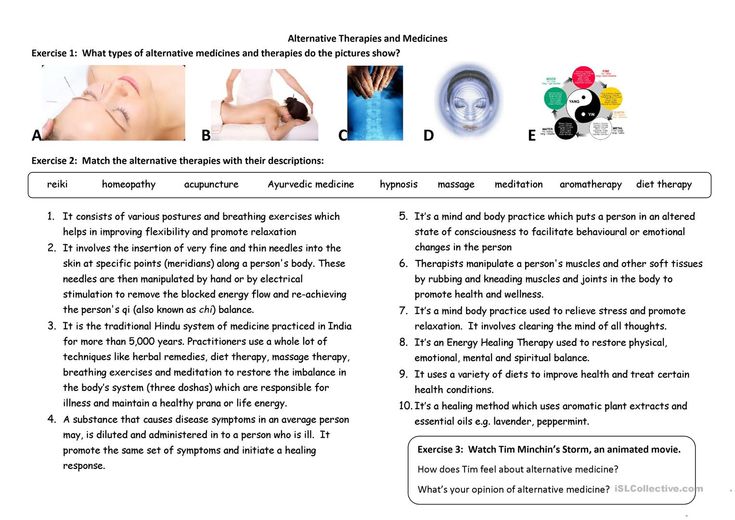 Therefore, the first thing you need to pay attention to is your feelings during and after the session.
Therefore, the first thing you need to pay attention to is your feelings during and after the session.
When you see a psychologist, most often you have a specific primary problem and request. For example, “I am in a toxic relationship” - “I want to create a relationship in which I am understood, loved and respected” / “I am lost in life, I don’t know what I want” - “I want to find myself and my place in this world” / “I have problems with self-esteem” - “I want to accept and love myself.” This is where the conversation usually starts. It happens that you cannot formulate a problem, much less a request, but you feel the need to appear at the session. This is also absolutely normal.
It is not necessary to prepare and rehearse a speech for the first meeting (in my practice, clients admit this as well). Talk about what matters most. Then the psychologist will definitely help you. You discuss the problem that you would like to solve, and together with the specialist formulate the main request: why are you in personal therapy and how do you see the final result. This understanding is important both for the client and for the psychologist himself.
This understanding is important both for the client and for the psychologist himself.
If you come to tell a life story and get direct advice, then the environmental specialist will disappoint you here - he cannot and should not give advice. He does not solve pressing problems, does not act as a "sofa critic" and clairvoyant - he is a specialist in working with your psyche. Not a superman who knows the answers to all questions and tells you how to live. The first thing to understand is that no one will ever live your life for you. This is why she is valuable.
A competent psychologist will definitely lead you to the fact that in the process of personal therapy the client will have to take responsibility. This is a joint work, not exactly easy, but incredibly interesting. Because it is always a conversation about you and about you, about your traumas, blocks and fears and the possibilities of their resolution. About spiritual growth, about a conscious attitude to life, about the formation of new neural connections, in the end. This is not always a noticeable process, but in the end it is about your inner liberation, about changing life in general. It's amazing because your personality is unique.
This is not always a noticeable process, but in the end it is about your inner liberation, about changing life in general. It's amazing because your personality is unique.
A psychologist is not someone who will solve a problem with the usual answer “leave a relationship, stay at a job you don't like, have a baby”, etc. A psychologist is the person who correctly diagnoses the problem (sees what your true pain and need is) - this is point A, and who knows how to lead you to point B. Simply put: a person who will become a guide on the path of healing. You will find answers to questions not in him, but in yourself. If he is competent, he will direct you. No pressure or strain.
So when you come for the first time, don't expect much from a single meeting. This is just the beginning and it needs to be clearly understood. This is not a training, not a coaching sphere. This is a process. You can roughly determine with a psychologist how many sessions will be required to work through your request. He will be able to advise you and offer you different options. But this also does not mean that he gives you a 100% guarantee that after 10 sessions you will be completely cured. A lot also depends on you: on the regularity of meetings (you come or cancel), on your willingness to talk and go into problem stories, on how realistic your expectations from the process are.
He will be able to advise you and offer you different options. But this also does not mean that he gives you a 100% guarantee that after 10 sessions you will be completely cured. A lot also depends on you: on the regularity of meetings (you come or cancel), on your willingness to talk and go into problem stories, on how realistic your expectations from the process are.
I would also like to say that the client can and should definitely do during psychotherapy sessions. You can choose the topic of the conversation on your own (the psychologist will always guide you during the conversation so that there is effectiveness), you can show emotions as you want, you can swear, you can be yourself in any state, you can not be shy and cry, you can talk about what would never tell anyone and for nothing, you can ask again if something is not clear to you. However, the client should not wait for tactile contact (the specialist is generally forbidden to touch you if it is not a bodily practice), should not wait for the confirmation of all his thoughts and beliefs, should not wait for the psychologist to take your side.
In the end, if you are lucky and you have found your specialist, after the first meeting you will have the feeling that you are on the right track with the right person - you feel that you are understood and accepted by anyone (this does not mean that with they agree with you in everything, they only accept your right to be the way you are), that they didn’t pressure you and didn’t pour out their aggression on you, they didn’t project or lay out their own beliefs on you. You were not taught to live and, God forbid, you were not humiliated. You were able to be yourself and just talk. And you also know for sure that with this person you can be healed, because there is a sense of his competence.
There is also a remark here: even if a psychologist is incredibly educated, professional and competent, it is not certain that this is definitely your specialist. You may not agree on temperament and energy. Although he will be a good psychologist. So trust yourself. To your feelings. And, of course, look at education, reviews and recommendations - this is also very important.
And, of course, look at education, reviews and recommendations - this is also very important.
Photo: @monikh
SEE ALSO
what to do, what to say and how to behave
So, you have decided to go to psychotherapy. How not to be afraid of the first dose, prepare for it and get the maximum effect? We share information and advice.
- What does it look like in practice?
- How to prepare for the first appointment with a psychotherapist?
- A few days before the first appointment:
- A few hours before admission:
- During the reception
"Therapist's appointment" can sound intimidating. I still remember stories about punitive psychiatry in the USSR, when people were registered and deprived of legal capacity.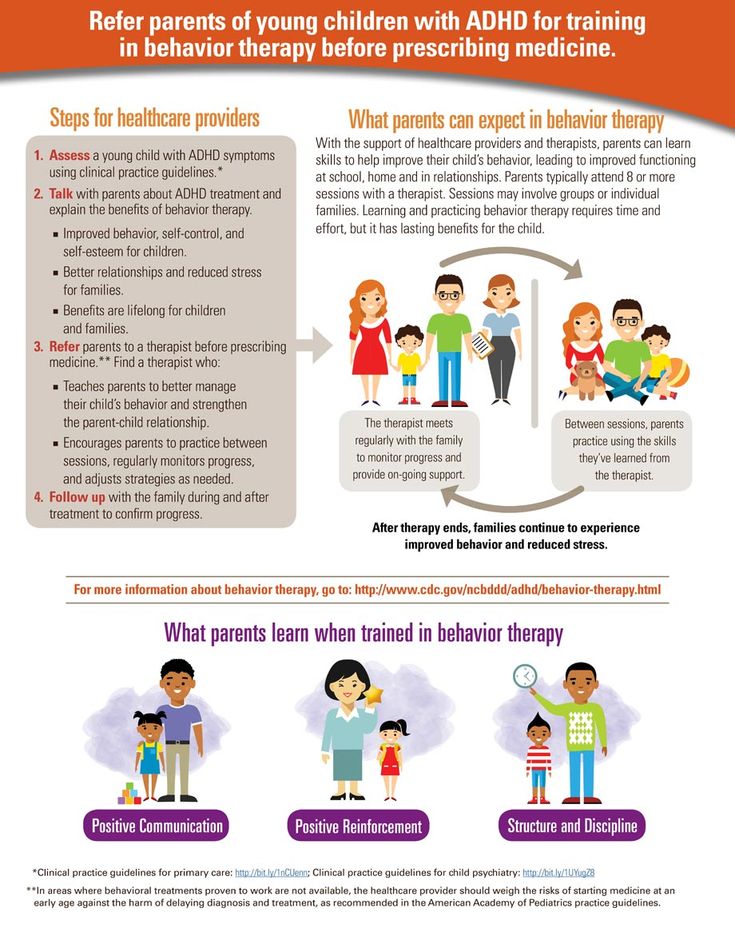 It may seem that the task of this doctor is to diagnose you and prescribe pills, which, moreover, cause addiction. And in the worst case - "upech" in a psychiatric clinic.
It may seem that the task of this doctor is to diagnose you and prescribe pills, which, moreover, cause addiction. And in the worst case - "upech" in a psychiatric clinic.
Reality is very far from horror stories. Not only people with serious disorders go to a therapist. A professional psychotherapist always observes three conditions in his work: security client, privacy and evidence-based approach .
What does it look like in practice?
Psychotherapy is not like consulting with an ordinary doctor. Strictly speaking, a psychotherapist is not a doctor. He may have a medical degree, but this is not a prerequisite.
Moreover, having such an education does not guarantee better help. Even if a person graduated from a medical university, he needs to additionally study to become a psychotherapist. Working with the mental state of a person, his emotions and thoughts is not a “treatment”.
The appointment takes place in person, in a specially equipped room, or online.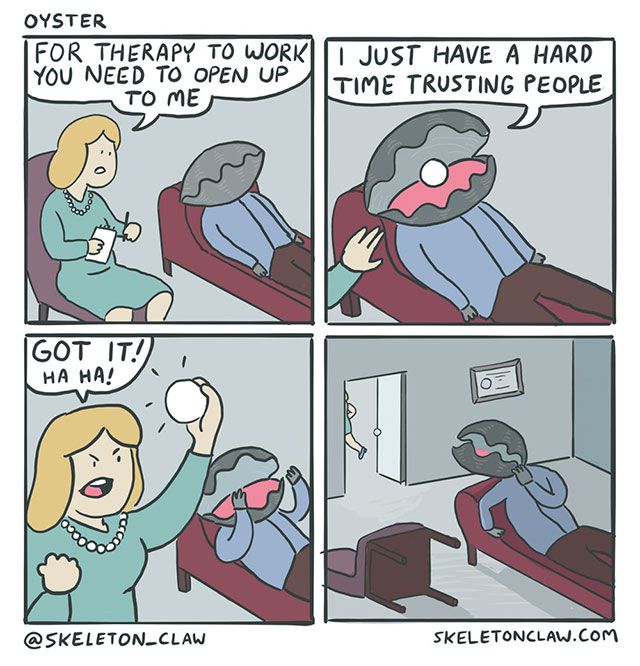 The psychotherapist's office also does not look like a doctor's office - it looks more like a small living room. There are several comfortable chairs and tables in it, soft comfortable lighting is set up. If you plan to work with a therapist online, try to recreate a similar atmosphere in the room.
The psychotherapist's office also does not look like a doctor's office - it looks more like a small living room. There are several comfortable chairs and tables in it, soft comfortable lighting is set up. If you plan to work with a therapist online, try to recreate a similar atmosphere in the room.
Psychotherapy is a conversational practice. This means that most of the time you will be talking to a specialist. But this will not be an ordinary conversation, as with a friend - therapeutic methods, exploration of your inner world and work on yourself will be woven into it. Everything you talk about is confidential. This means that the therapist does not disclose information even that you came to him. Even if close relatives ask.
Some approaches require homework assignments . Since therapy is always a two-way process, it is very important to work on yourself outside of the office. For example, a therapist may ask you to keep a diary of emotions as you work on understanding and expressing them.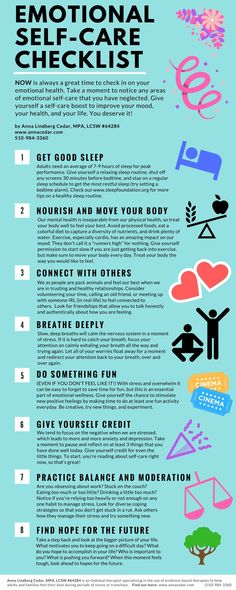 If you are working with others, your homework may be to apply the new communication skills you learned in therapy.
If you are working with others, your homework may be to apply the new communication skills you learned in therapy.
How to prepare for the first appointment with a psychotherapist?
You may feel nervous before your first appointment - this is normal. How to prepare for it in order to reduce stress levels and make psychotherapy more productive?
A few days before the first appointment:
1. State what is bothering you. But still try to determine what you do not like and what you would like to change. Try not to limit yourself to the phrases "I feel bad" or "I think I'm going crazy." What exactly are you feeling?
2. Think about what you would like to achieve
Psychotherapy does not have a universal goal. Each person imagines happiness, success and comfort in his own way. Imagine how life has to change for you to enjoy it. What would you like to get rid of, and what would you like to integrate? How will you know that it worked?
3. Find out everything you need to know about psychotherapy
Find out everything you need to know about psychotherapy
It's better to dispel the myths in advance and find out how therapy works and what happens in it. Can help with this:
- I'm listening to you podcast is a real recording of therapy sessions with comments from a client and a psychologist.
- A guide to the areas of psychotherapy - to understand what areas exist, how they differ, with what and how they work.
- Blog and Instagram Alter - simply and honestly about psychotherapy, psychology, relationships and self-care.
- The experience of your friends and family. Talk to them if they are willing to share: why they decided to see a therapist, how the work was structured and what was achieved.
A few hours before the appointment:
1. Do not use anything that changes consciousness
Not even "50 grams for courage". Sobriety is a very important condition of therapy.
2. Refresh something you would like to talk about
Refresh something you would like to talk about
It is not necessary to have a clear plan. Just keep in mind the most basic things you think a therapist should know.
3. Tune in to talk
Try to relax and have an open conversation. You don't have to tell your therapist everything right away, but it's not in your best interest to shut yourself up either. If you find it difficult to talk about yourself, warn the specialist about it. He will adjust the pace and the therapy techniques used for you.
During your appointment
1. Track your condition
The best way to know if a specialist is right for you is to listen to yourself. How comfortable are you? Are there any feelings of shame, guilt, constraint? Do you want to share personal information specifically with this person, or is there some kind of internal block?
2. Give the therapist feedback
If you don't like something, talk about it directly.
